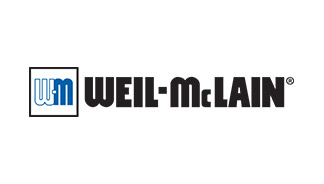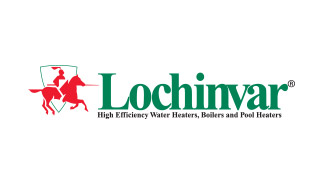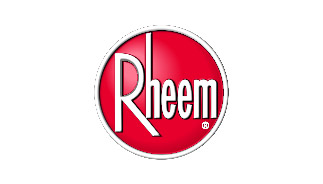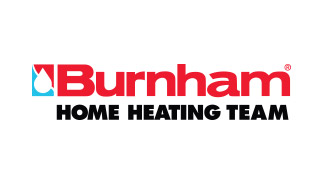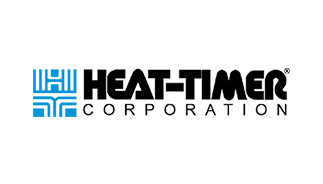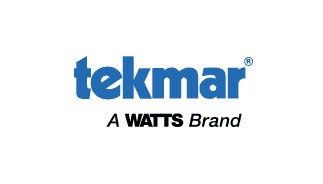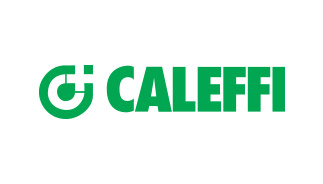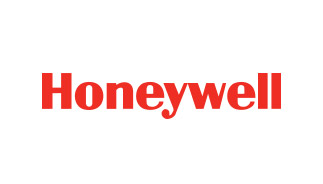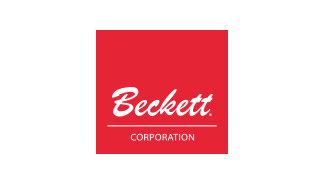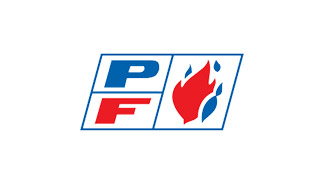Published on
March 4th, 2024Boiler 101: How Does a Boiler Work?
With nearly 80% of apartments in New York City still using steam heat, boilers are vital equipment for many properties. A boiler is a vessel that heats a fluid, usually water, to produce steam or heat for a property. It connects to a series of pipes that transport the steam or heated liquid through the building, with radiators, convectors, and underfloor systems dispersing the heat.
How does a boiler work to produce enough heat throughout your building? How can you ensure the system lasts its expected lifespan of 20-30 years? Discover everything to know about your boiler’s composition and operation.
How Does a Boiler Work? Understanding the Components and Process
Main Body
A boiler comprises many components, with the most important being the main body or pressure vessel. The pressure vessel is the closed container that holds the liquids or gases and pressurizes them, compensating for expansion and contraction in the system.
Boiler pressure can be dangerous if it gets too high. Modern boilers include pressure safety mechanisms and valves to avoid explosions and other safety hazards.
Other Components
In addition to the main body, boilers feature a number of other elements. The combustion chamber is where fuel or oil burns to warm the water supply. It contains burners and materials safe for volatile fuel and high-temperature operation.
The heat exchanger moves and heats water by transporting it around the heating element. Typically, the exchanger is a long, coiled pipe installed inside the boiler. Its primary job is to transfer heat from gases to liquids. Boiler efficiency depends on the exchanger’s ability to transfer and maintain heat.
A circulating pump is integral to the heating system and understanding how a boiler works. The pump creates suction from a header at the bottom of the boiler drum. The suction pulls the hot steam into the pump, where it gets pushed through the pipes to baseboard heaters or radiators. Simultaneously, the pump draws condensate back to the boiler for reheating.
Temperature controls keep the system balanced, allowing for fine-tuning of the combustion-to-steam-to-condensate cycle. It is best to leave boiler control adjustments to professionals because the wrong settings can interfere with the system’s efficiency.
Fuel is a significant aspect of boiler operation, affecting efficiency and operating costs. Depending on the age of your building, some fuel sources, like fossil fuels, are no longer permitted, although ongoing legal challenges may affect the new rules.
Combustion
To understand how a boiler works, you must be aware of its primary processes: combustion, circulation, and distribution. Combustion in itself is a three-stage process involving preheating, ignition, and post-combustion. The preheating stage uses air preheaters or heat exchangers on the flue exhaust. The boiler becomes more efficient by preheating the combustion air, with approximately 1% improved efficiency for every 40°F increase.
The ignition stage occurs when the fuel source meets its ignition temperature — the temperature that causes more heat release during combustion than what’s necessary to sustain ignition. A mix of fuel, oxygen, and a heat source is essential for combustion to occur.
Post-combustion capture is necessary to separate carbon dioxide from exhaust gases produced when burning fossil fuels. Typically, the exhaust gases from the boiler travel through a CO2 absorber containing chemicals called amines, organic compounds derived from ammonia that bond to carbon.
Circulation
Steam boilers use thermal circulation generated by pressure gradients produced by differential heating. The water in the boiler, being exposed to heat, turns into a mixture of liquid water and steam. Since steam is less dense than water, gravity pulls the water down, while the steam rises.
In a natural circulation boiler, water enters the economizer or heat exchanger and flows through its coiled pipe, entering the ring header and progressing up to where steam conversion takes place. The liquid water and steam continues rising until entering the boiler drum or vessel, where the liquid and gas forms separate.
Exactly how a boiler works with thermal circulation may vary depending on your building’s boiler. Other types of boilers use convection currents to circulate water.
Distribution
The distribution process involves steam generation, movement, and return. Generation refers to the heating and vaporizing of water in the boiler (the combustion and circulation process). During generation, the boiler builds up pressure, allowing for increased thermal storage capacity, reduced risk of wet steam, and higher efficiency.
Once the system builds enough heat and steam, the heat pump cycles on, sucking the steam in and pushing it out to circulate through the building to points of use, typically radiators or baseboard heaters. The system can also tie into floor and radiant heating systems.
As the steam cycles through the property, it condenses back into liquid water. The condensate flows back to the boiler through returns. Once back in the boiler, it starts the cycle all over again.
How Do You Make Sure Your Boiler Works? Keeping It Operational
Repairs
Knowing how a boiler works is more than theoretical knowledge; it has practical implications for a property owner. By understanding boiler operations, you are better equipped to recognize when something isn’t right or operations seem off. For example, you may notice sounds that differ from regular operation, like whistling, knocking, gurgling, or banging in pipes and radiators.
Knowing how your building’s boiler works can also provide insight into when to call for repairs, inspections, or maintenance. Noise is not the only reason to contact Calray Boilers. You should also call for:
- Leaks
- Radiator faults
- Thermostat response issues
- Pilot light failures
- High energy bills
Regular Maintenance & Inspections
All boilers require annual inspections as well as regular maintenance. The recommended frequency of maintenance depends on the make and model, but an inspection should occur at least once a year between heating seasons.
How Does a Boiler Work and Remain Efficient? Expert Assessment and Timely Repairs
Hire Calray Boilers for All Repair and Inspection Needs
How a boiler works is a complex process, but now you have a general idea of this important appliance’s operation. Call Calray Boilers at 212-722-5506 if you are having trouble with your building’s boiler to schedule an inspection, maintenance, or repair.
